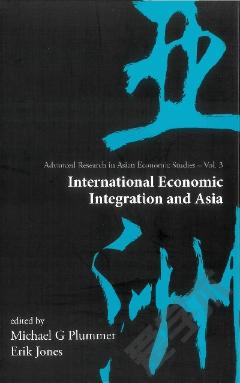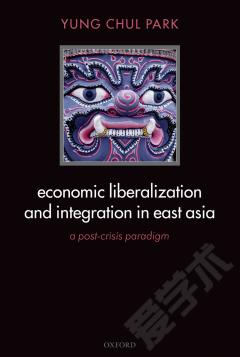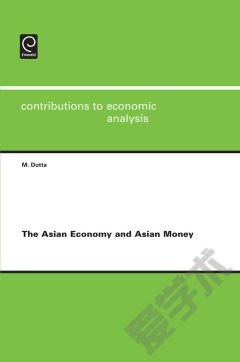China And East Asian Economic Integration
For more than half a century, East Asia has been the most dynamic and resilient economic region in the world. Following Japan's success in its post-World War Two reconstruction and industrialisation, a good number of East Asian economies flourished. The latest and the most extraordinary case is that of China's rapid economic development. As the largest economy in the region, China pledged to play a leading role in promoting regional economic prosperity. China's economic relations with its East Asian neighbours have been complex and have nonetheless grown in strength. This edited volume examines China's key economic relations and efforts in participating and promoting economic globalisation, as well as the overall development of East Asian economic integration.This book focuses on China's importance and efforts in East Asian economic integration by examining the changing patterns of the growing East Asian production network, reviewing the process and achievement of China's efforts in internationalising its currency and evaluating the efforts to internationalise Chinese firms. It elaborates China's economic relations with individual neighbouring East Asian economies such as Taiwan, Hong Kong, ASEAN, Korea and Japan. It discusses the political economy aspect of East Asian economic integration and describes the origins and processes of East Asian economic integration from the Flying Geese model to the numerous free trade arrangements involving the region.
{{comment.content}}








 京公网安备 11010802027623号
京公网安备 11010802027623号